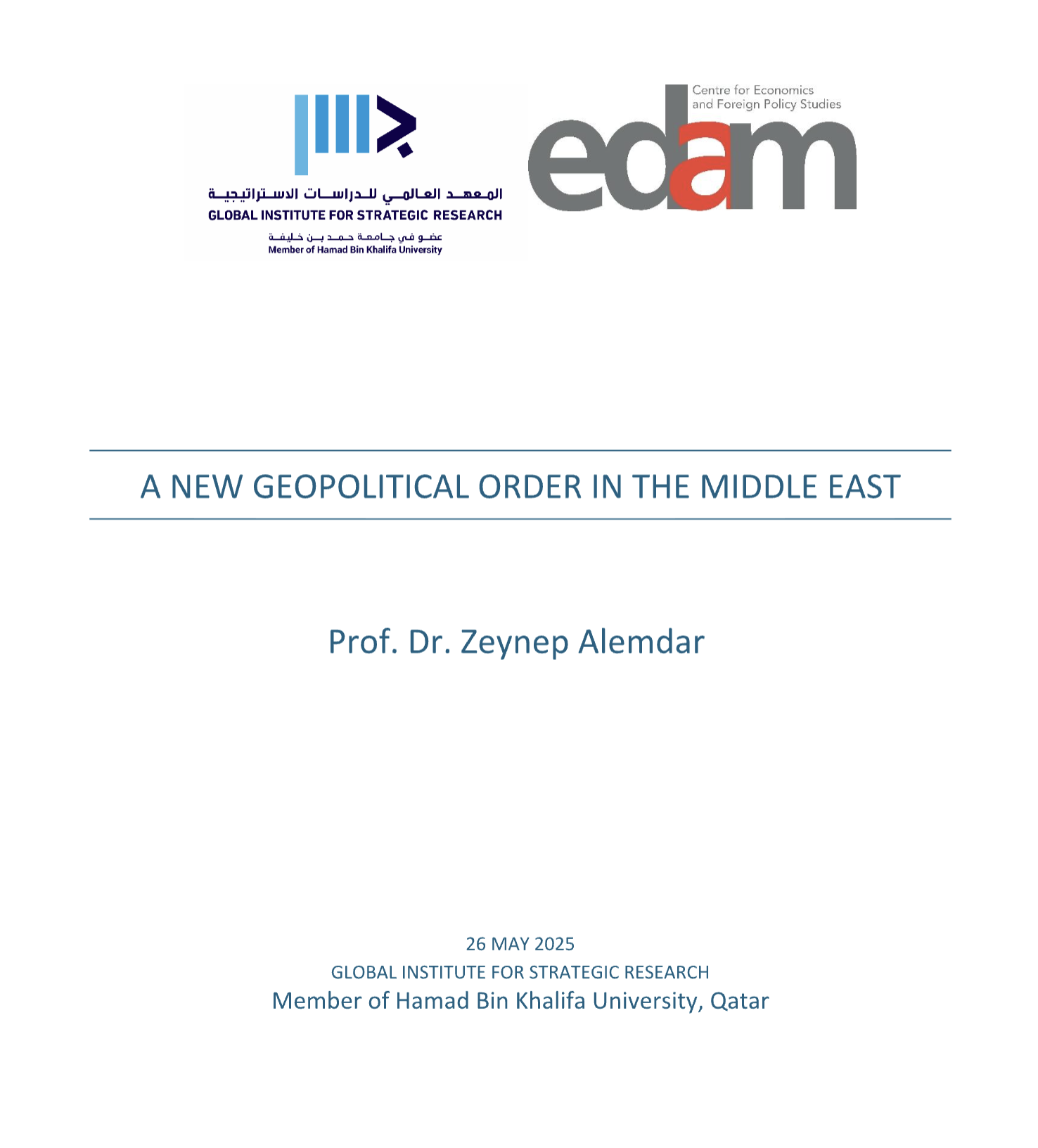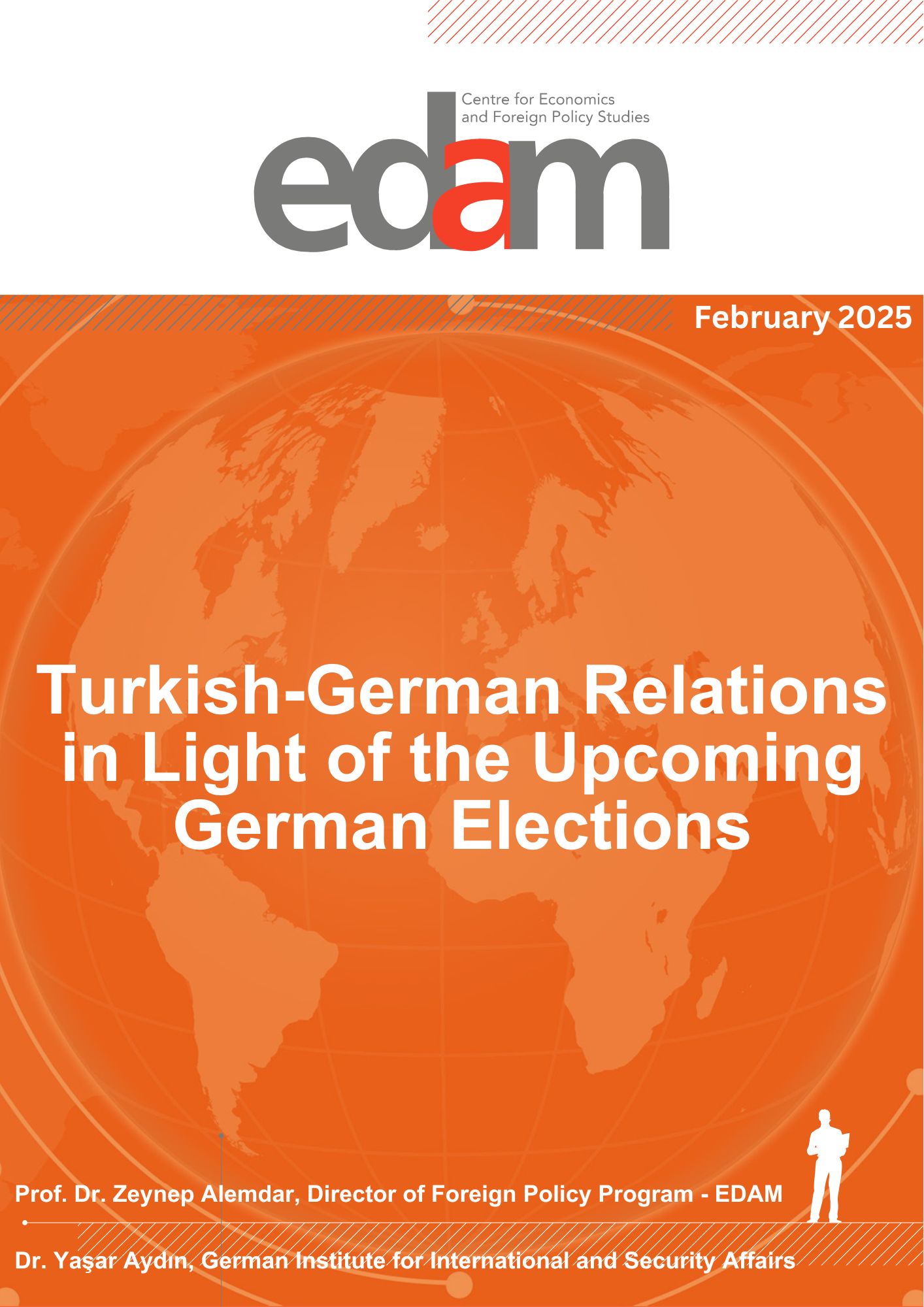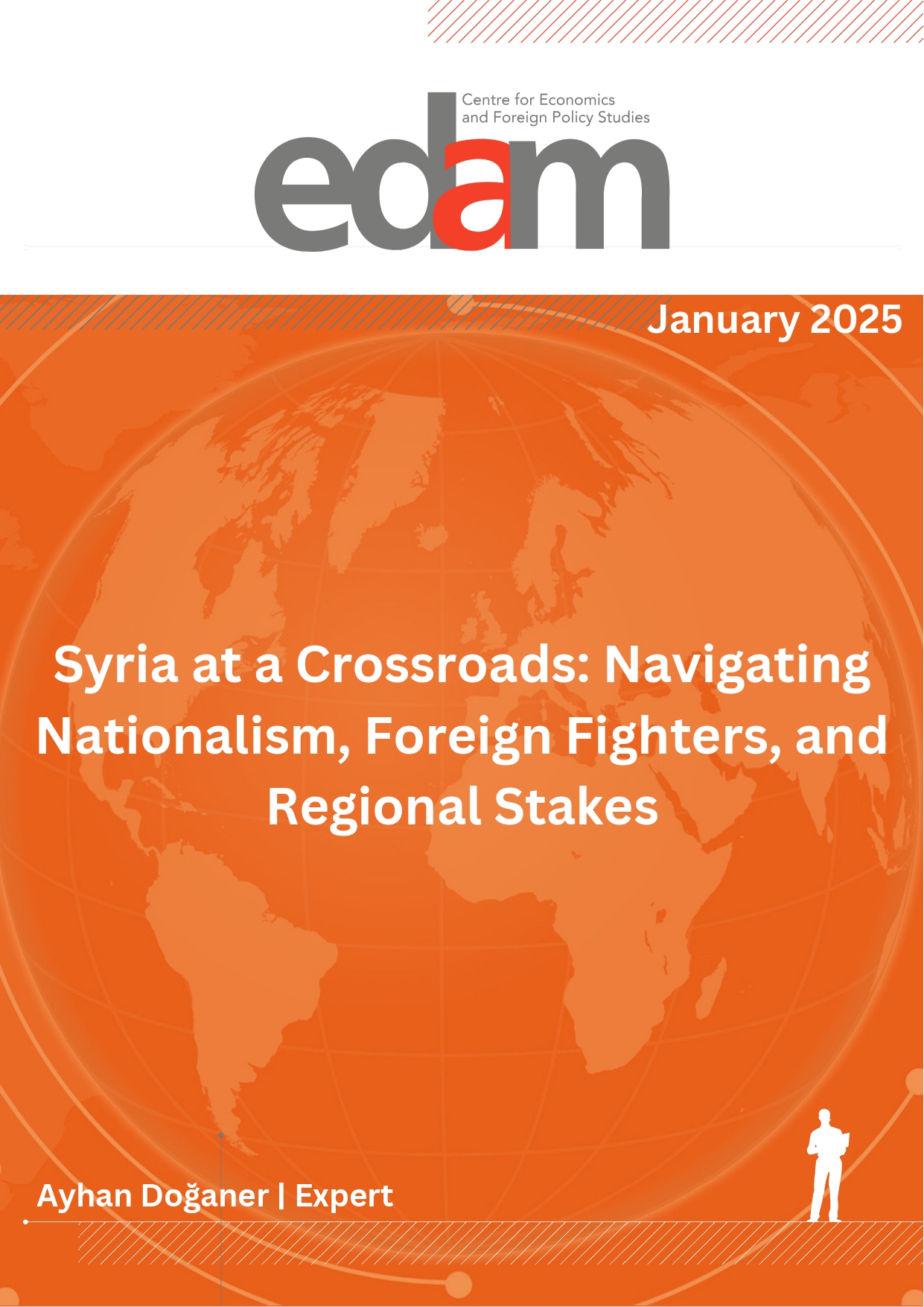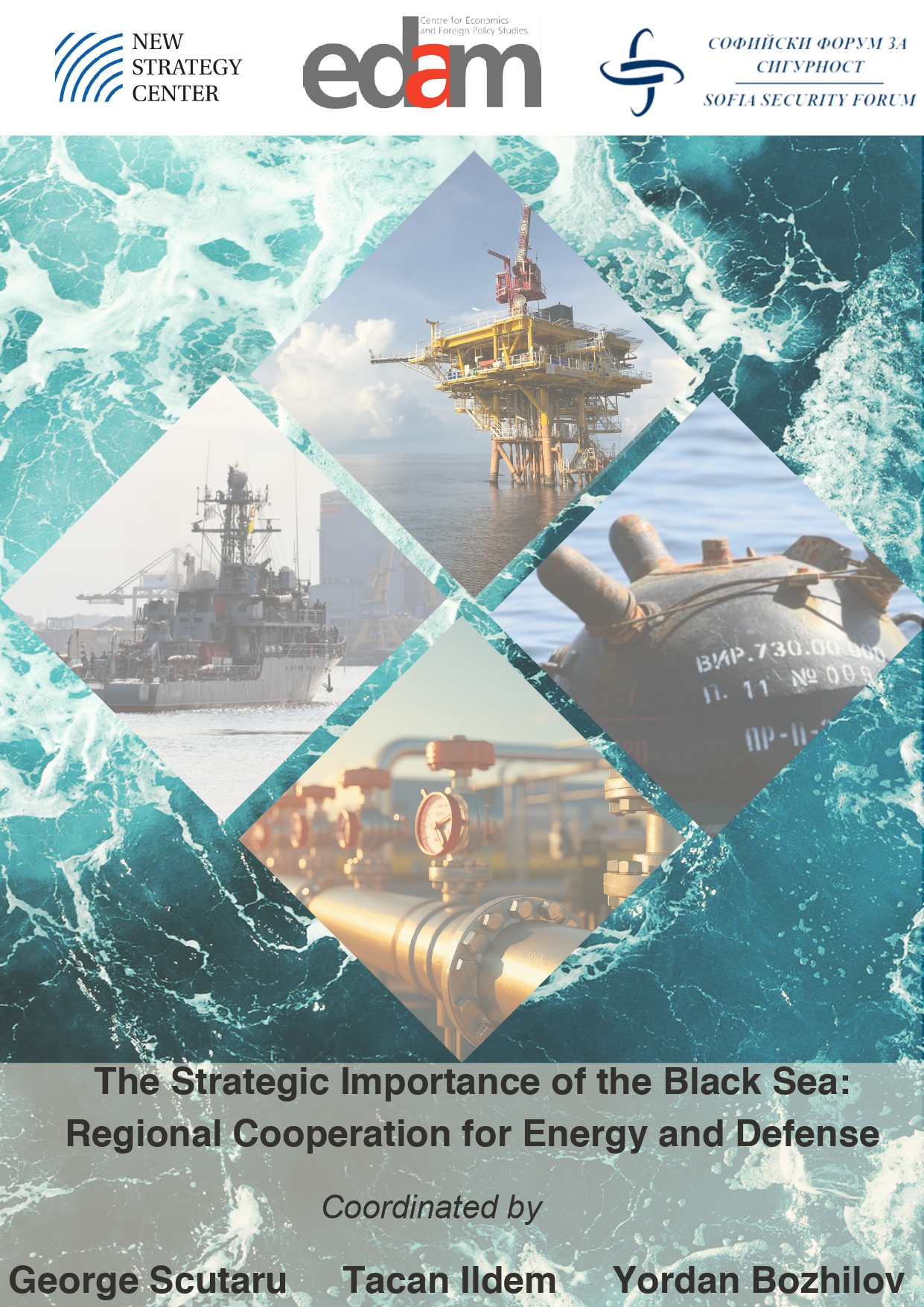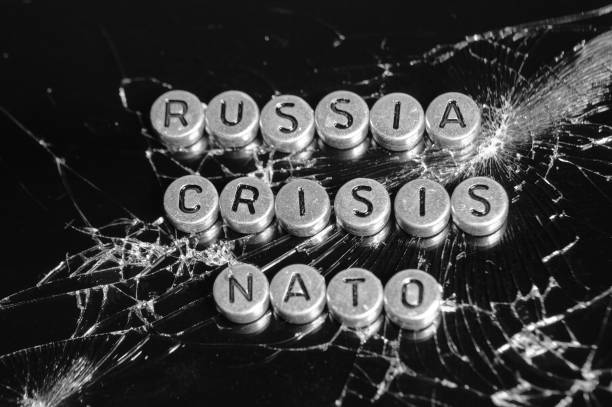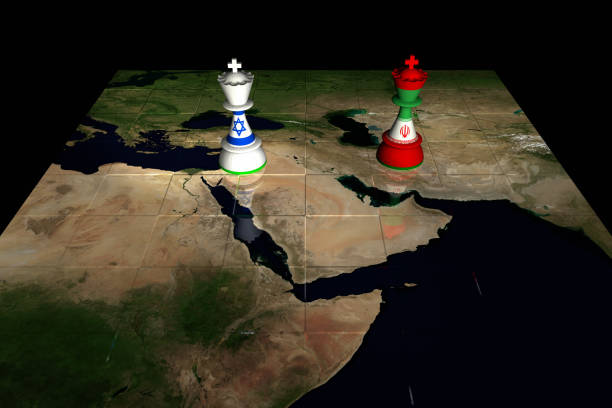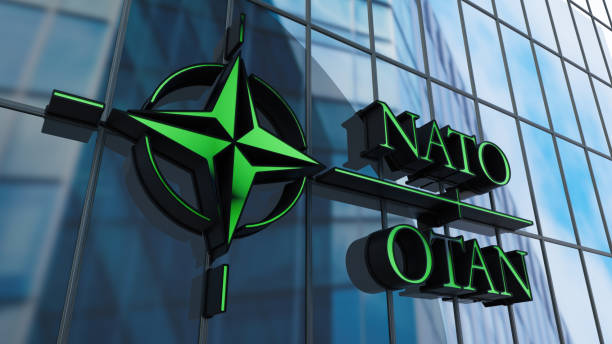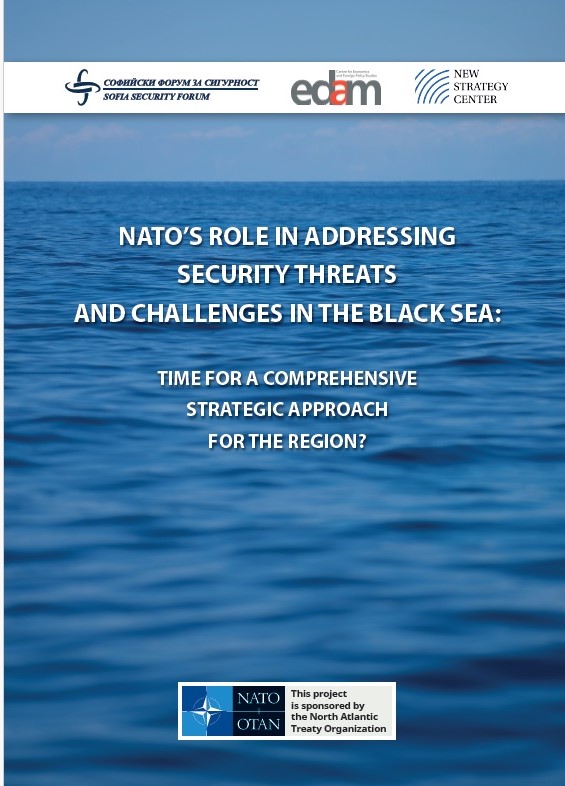
NATO’s Role in Addressing Security Threats and Challenges in the Black Sea:
Time for a Comprehensive Strategic Approach for the Region?
Introduction
Traditionally, the Black Sea region has been defined as a region of great importance due to its substantial political, economic and commercial potential, as a link between continents, peoples and cultures. This potential is threatened nowadays. The Black Sea is currently the region with the highest potential for risk.
Without any doubts the major security problem is Russia's military aggression against Ukraine, which poses risks not only for the region and regional states, but also for the European and global security. The war that Russia is waging is a test for Ukraine and its people, but this conflict can spill over into other countries including NATO Member States.
The region is facing an extremely complex and complicated (in)security environment. Along with military risks, we are also witnessing environmental risks; unprecedented migration of Ukrainian citizens; threats to the freedom of navigation and the economic activities and global food security; risks of proliferation of weapons including to criminal and terrorist groups, etc. All these risks and threats are the direct consequence of the Russian military aggression against Ukraine. The region is facing unresolved frozen conflicts, which could also escalate, further contributing to instability.
This complex uncertainty environment determines the necessity of a complex and coordinated approach of all stakeholders, NATO included, to guarantee the European security, that every inch of NATO territory is defended, that all risks are adequately tackled.
Three leading think-tanks from Bulgaria (Sofia Security Forum), Romania (The New Strategy Centre) and Türkiye (EDAM) joined their efforts to analyze the security environment in the Black Sea region and prepare policy recommendations. To fulfil this task, between February and September 2023, meetings with the participation of representatives of the respective Ministries of Defence, Foreign Affairs, intelligence communities, diplomats, analysts and scientists were conducted in each of the three countries. Public events were also organized with a wide participation of experts and journalists.
The main conclusion of the common work of the three think-tanks is that, on the basis of the decisions taken at the Vilnius Summit to implement the Strategic Concept, NATO should accurately reflect the complexity of the risks and threats in the Black Sea with a view to taking the necessary measures for the defence and security of regional Allies, in a comprehensive way. That would define the positions and outline the activities of the Alliance in the region.
We are by no means calling for regionalization of NATO's approaches, much less regionalization of defence, but rather stressing the need to consider the full complexity of the situation and take appropriate measures.
An important message we are sending is that Bulgaria, Romania and Türkiye, as NATO littoral member countries, should work more actively together in analyzing the situation and looking for common approaches to increase regional security.
In the present document, SSF, NSC and EDAM are analyzing the geostrategic situation in the region, assessing NATO's defence capabilities and looking at all aspects of NATO's interest, taking into account the specifics of the Black Sea region.
SSF, NSC and EDAM express gratitude to NATO PDD for the assistance and financial support for the implementation of the project. We also express our gratitude to the representatives of NATO and the officials and experts from the respective countries who participated in different activities during the implementation of the project. We hope this document will be of added value to the Alliance’s approach to the Black Sea.
